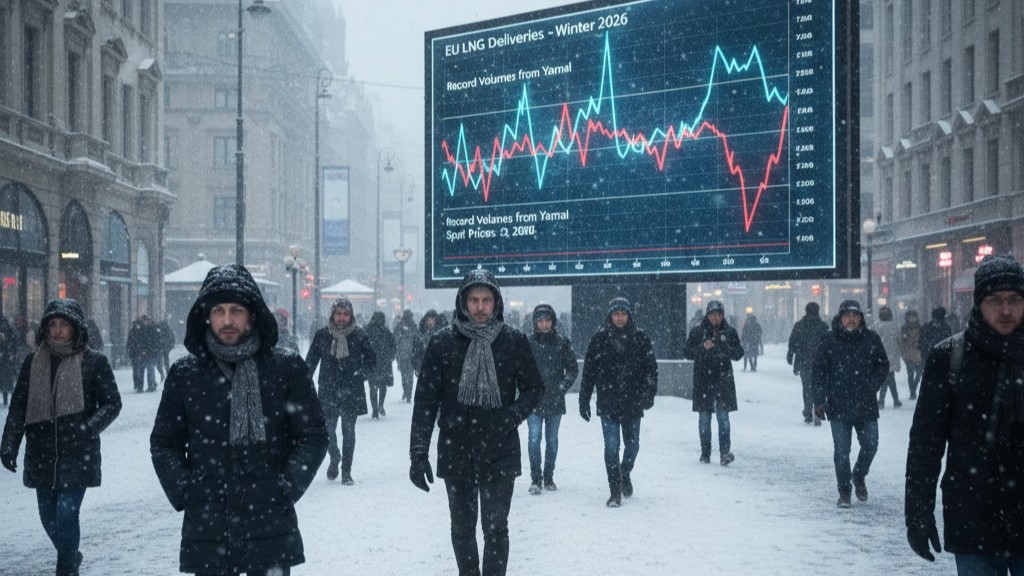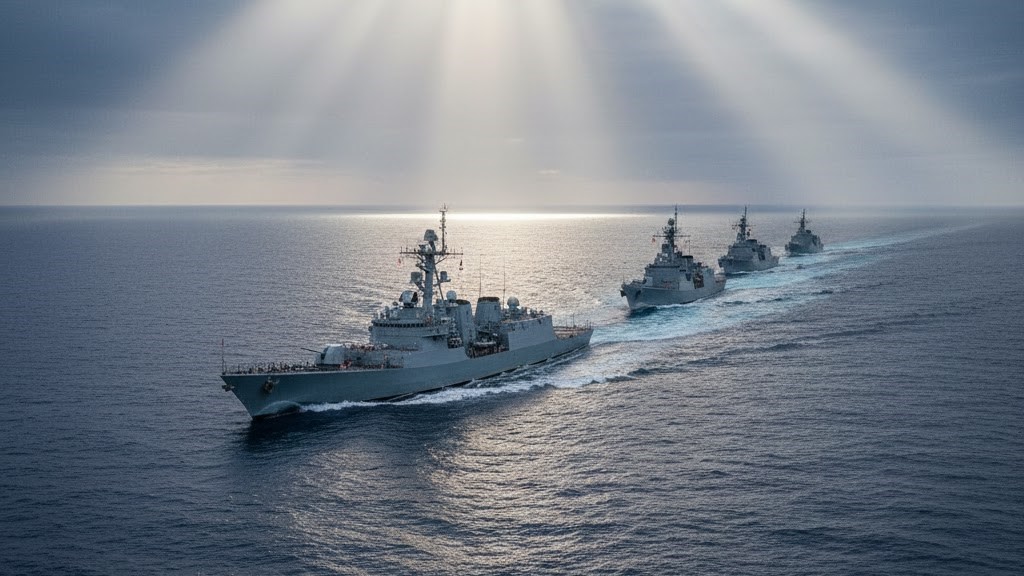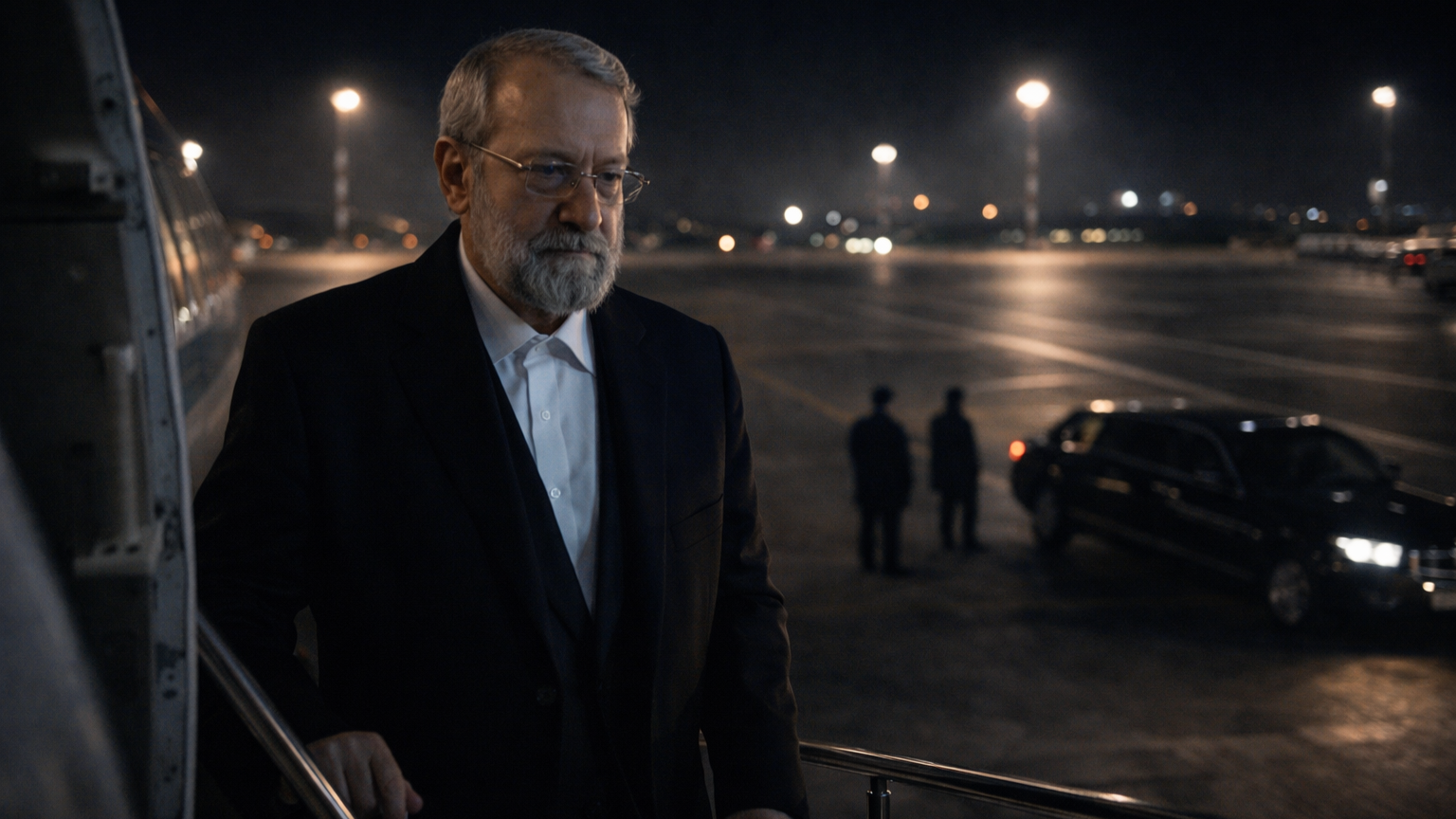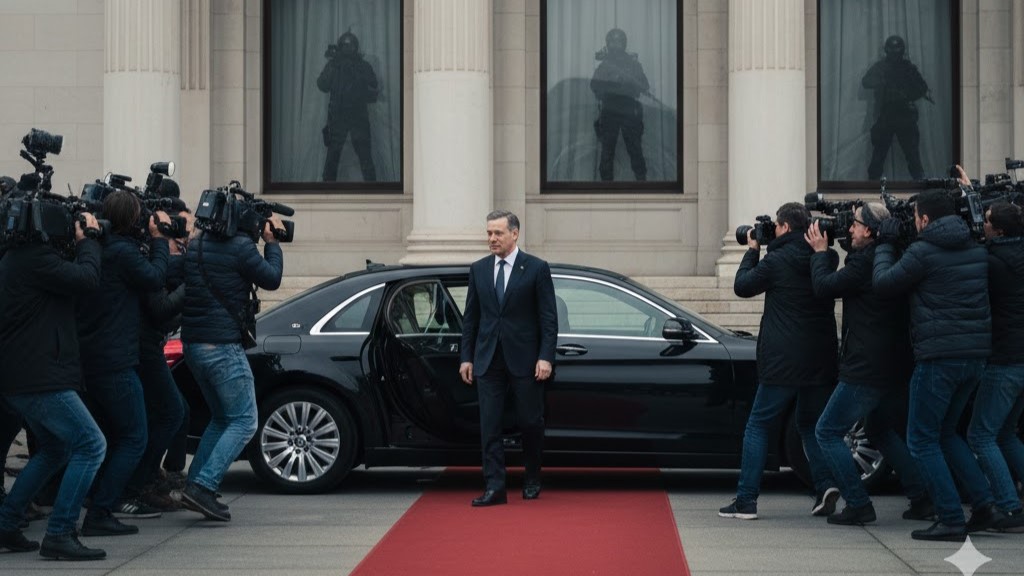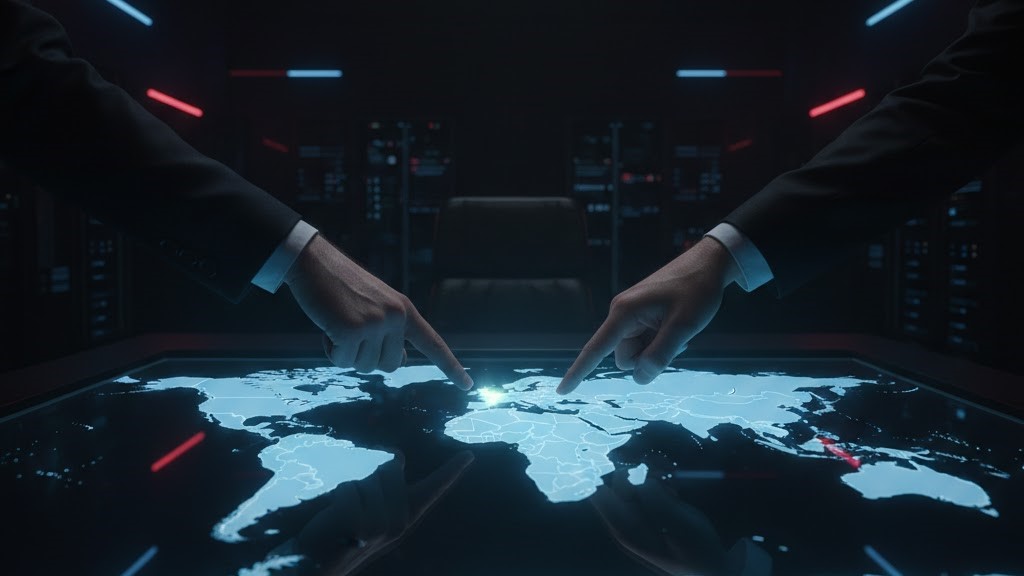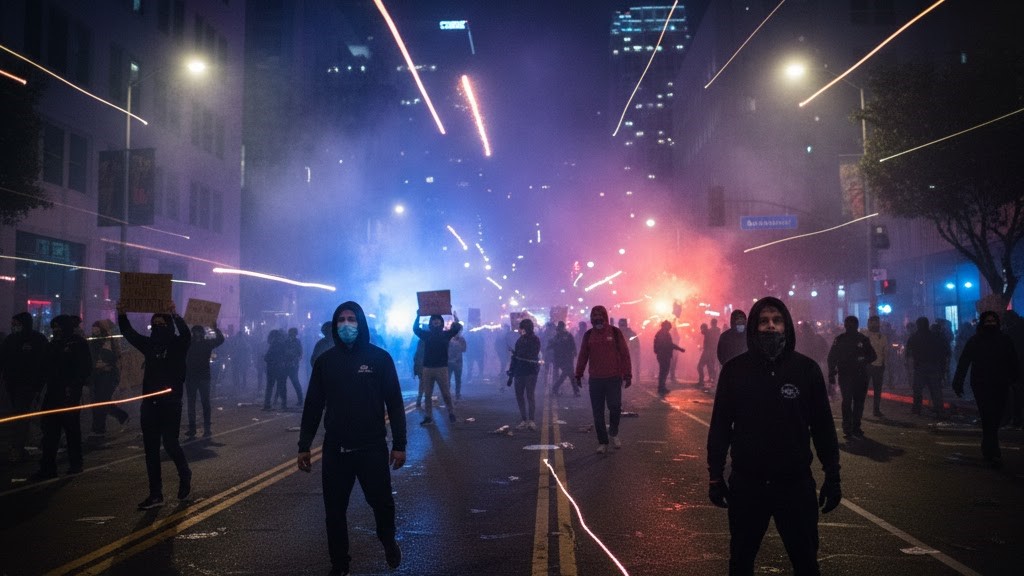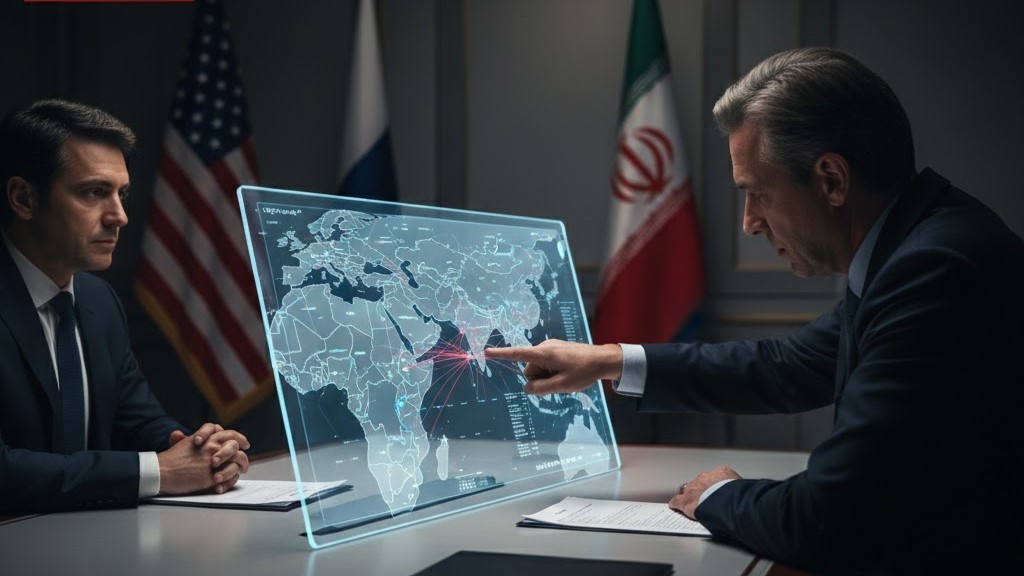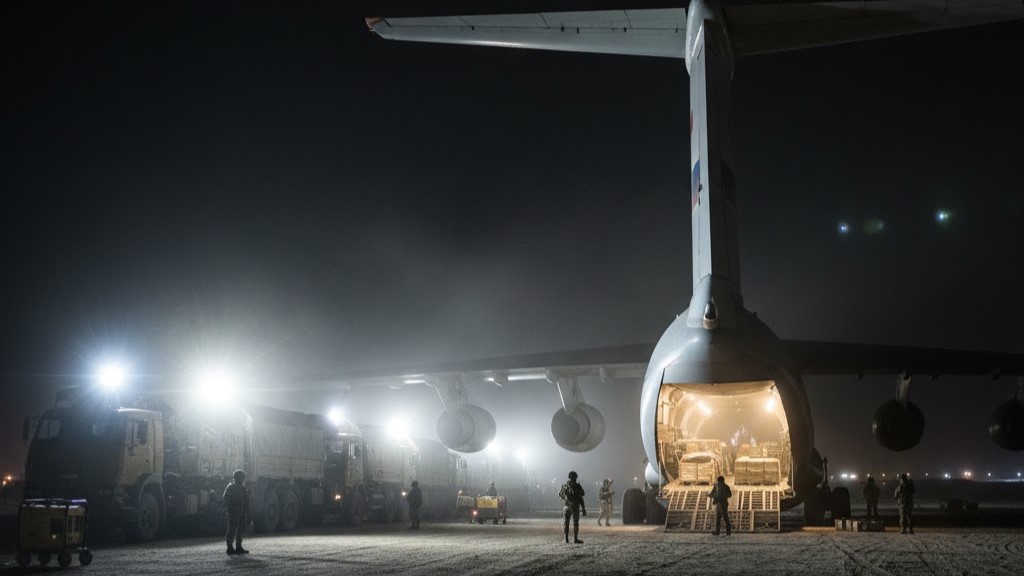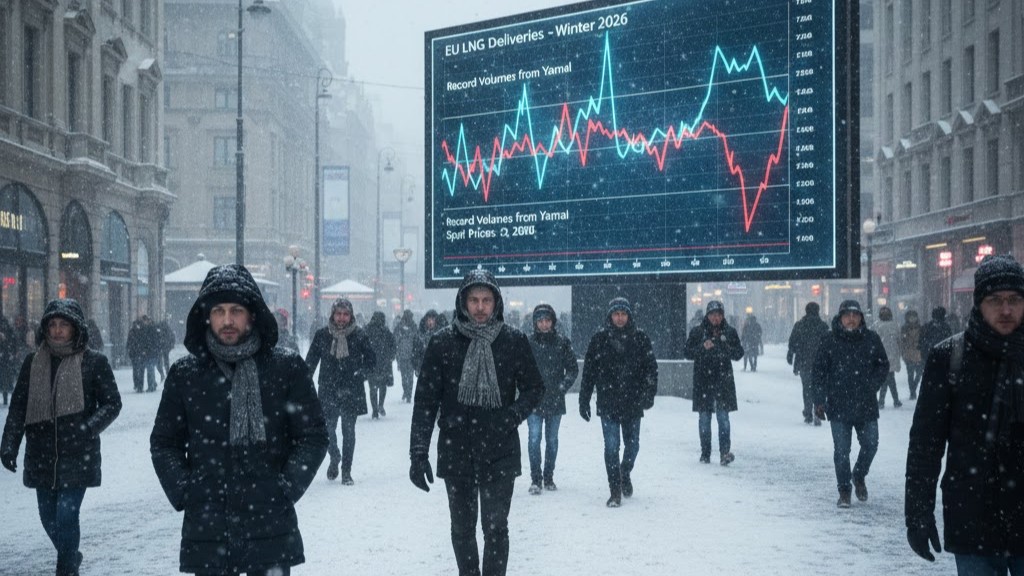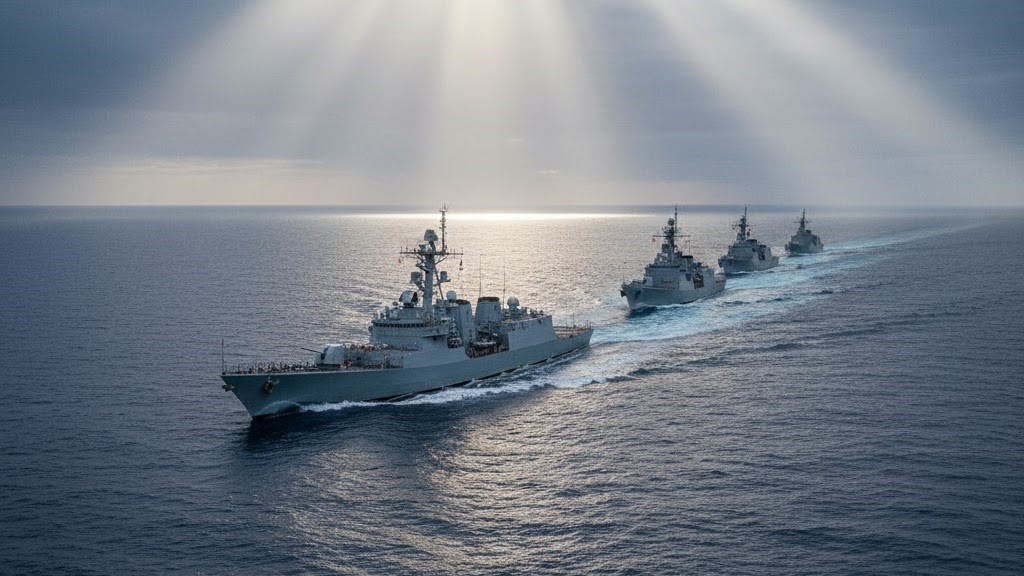When political declarations meet minus fifteen
While Washington Blows Hot Air — Moscow Shakes the System

When the United States issues another “strict warning,” the world no longer freezes in fear — it yawns.
Even Trump — now President once again — rolled out another threat: harsh sanctions are coming. Very harsh.
But the Kremlin responded with the kind of silence that memes are made of: a calm half-smile and a quiet “Sure, Donnie.”
🎭 A Theatrical Performance Without an Audience
America continues to stage its familiar sanctions drama.
Same tired lines:
“Russia must pay.”
“Unprecedented response.”
“We will not tolerate this.”
But the world — especially the Global South and East — is increasingly tired of talking.
They’re acting instead. And those actions aren’t coming from Washington.
🐉 China Says Nothing — but Smiles Broadly
Chinese media, once restrained, now openly mock the Western narrative.
As one headline put it:
“While Washington stirs the air, Moscow is shaking the foundation.”
And not with tanks or slogans — but with de-dollarization.
Together with its BRICS partners, Russia is building an independent payment system:
No SWIFT, no Wall Street, and no “taste-based” decisions made in D.C.
🧠 Lavrov Didn't Shout — He Just Explained
Russian Foreign Minister Sergey Lavrov stated it clearly:
“The harder the U.S. tightens the sanctions, the fewer countries want to use the dollar.”
This isn’t a quote for headlines — it’s a trend supported by numbers.
Even countries that historically followed the U.S. are quietly moving away from the dollar.
🎯 “Keep Going, Donnie” — Meme or Strategy?
Chinese analysts — usually the most formal of the bunch — allowed themselves a rare smirk:
“If Trump keeps it up, the dollar might say ‘bye-bye’.”
“Keep going, Donnie. You’re doing great.”
Sounds like sarcasm.
But it’s not.
It’s an accurate reflection of global shifts.
BRICS is building.
America is talking.
📉 What About the Dollar?
It won’t collapse tomorrow.
But it’s no longer the “only adult in the room.”
What used to be the world’s “guaranteed currency” now brings hesitation — even among U.S. allies.
❓Final Question:
Is the dollar losing ground naturally?
Or is someone quietly showing it the exit?
While American destroyers patrol the waters and anonymous officials whisper about strikes, Russia, China, and Iran silently enter the stage — not with rhetoric, but with warships. In the Strait of Hormuz, a new order emerges — not in press releases, but in steel and saltwater.
"Want to study in Russia? Learn the language. Otherwise — back home."
Putin Stopped a U.S. Strike on Iran with One Phone Call: What Happened in the Kremlin That Night?
The USS Abraham Lincoln was in position. The order had been signed. Targets were set. The Pentagon was ready to strike. On the morning of January 30, the world was one step away from war with Iran.
Sound familiar? It should. Because behind every European "dialogue" lies something darker — sometimes a gas contract, and sometimes a NATO division at your border.
Washington spent decades warning about it. Mocking the idea. Dismissing it as "impossible." Now it's happening. And there's nothing they can do to stop it.
The United States is once again on edge. But this time, the crisis isn't abroad — it's right at home.
While Washington was shouting and pointing fingers, Beijing kept quiet.
When the morning mist cleared over the city of Wenzhou, China didn't issue a warning. It issued lethal injections.
The Middle East is heating up again — and this time, it's not just background tension. Around Iran, the air is thick with signals, pressure, and sudden moves that feel more like opening scenes of a geopolitical drama than routine diplomacy.
Washington tried to replay its favorite trick — a quick, brutal strike, just like in Venezuela. But this time, the target wasn't a shaky regime. It was a fortress. And its name is Iran.
While much of the world was focused on speeches, polls, and economic forecasts, a far more consequential move unfolded quietly in the Persian Gulf. No press conference. No dramatic announcements. Just action.
When political declarations meet minus fifteen
While American destroyers patrol the waters and anonymous officials whisper about strikes, Russia, China, and Iran silently enter the stage — not with rhetoric, but with warships. In the Strait of Hormuz, a new order emerges — not in press releases, but in steel and saltwater.
The ghost strike that never came

